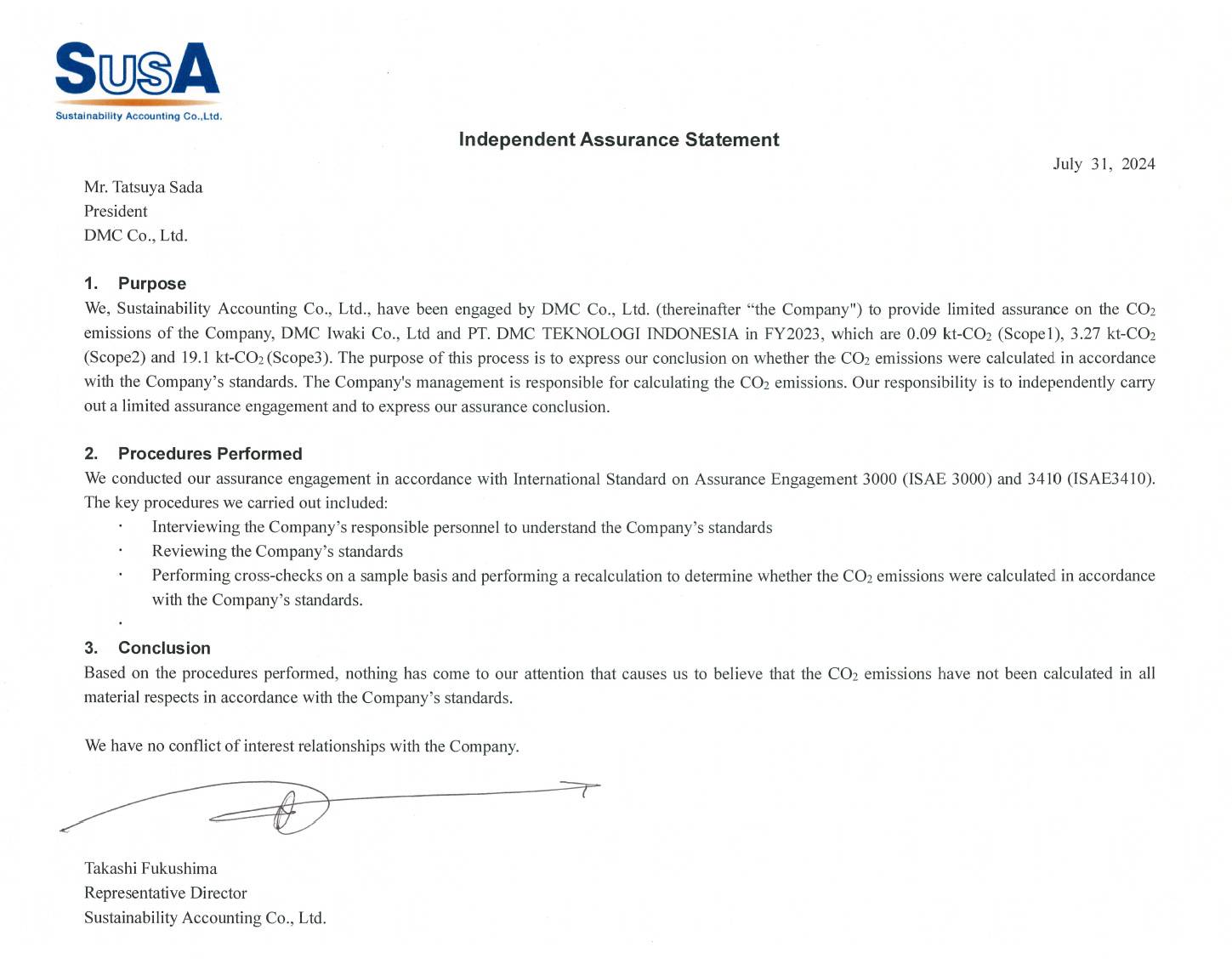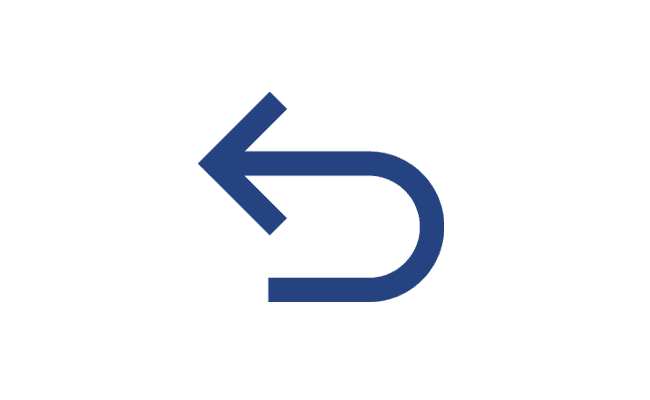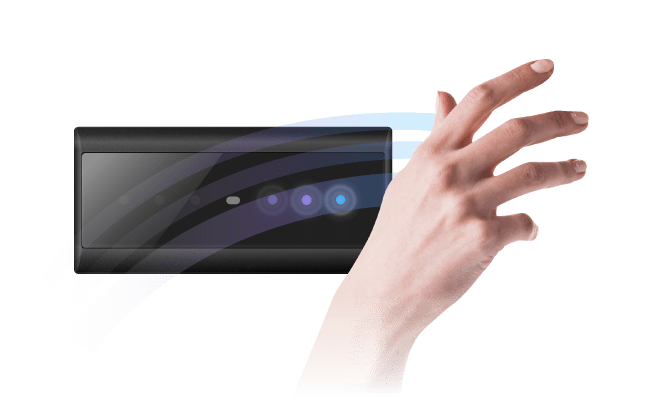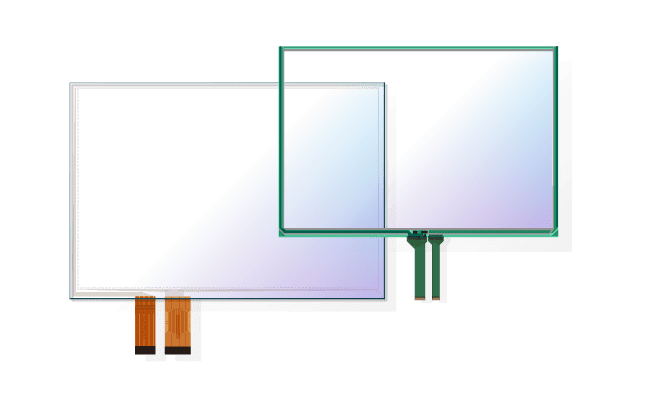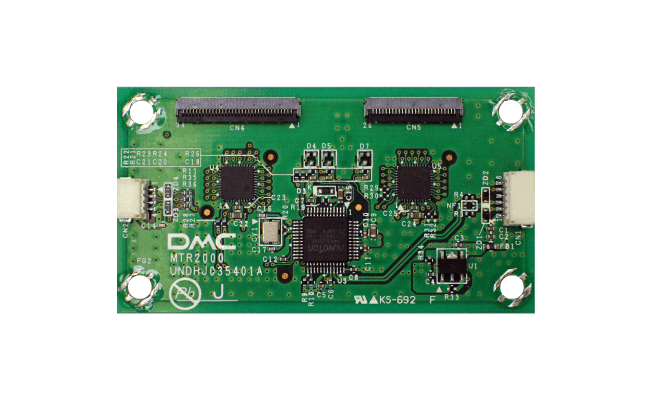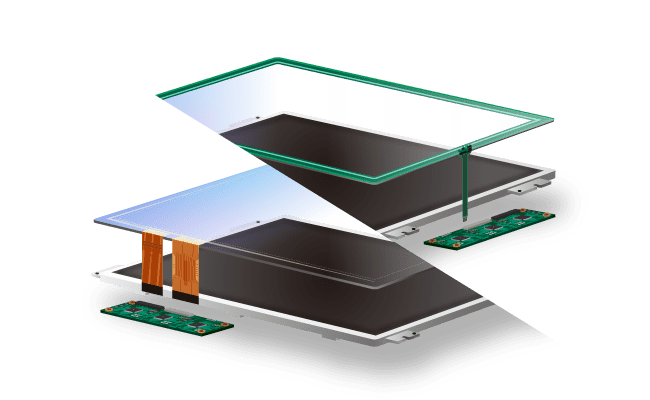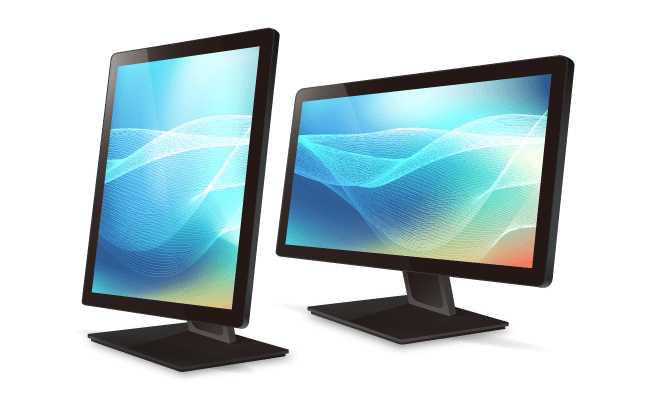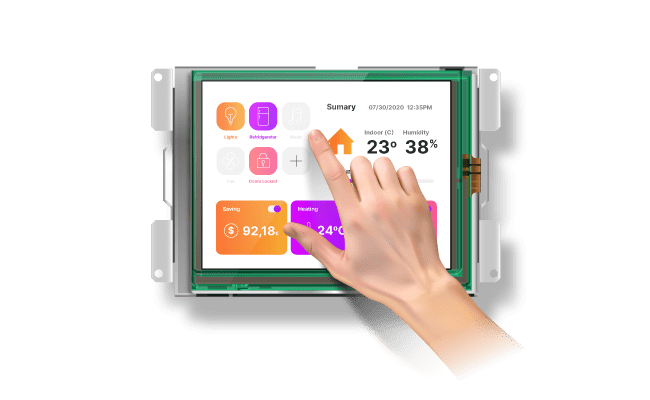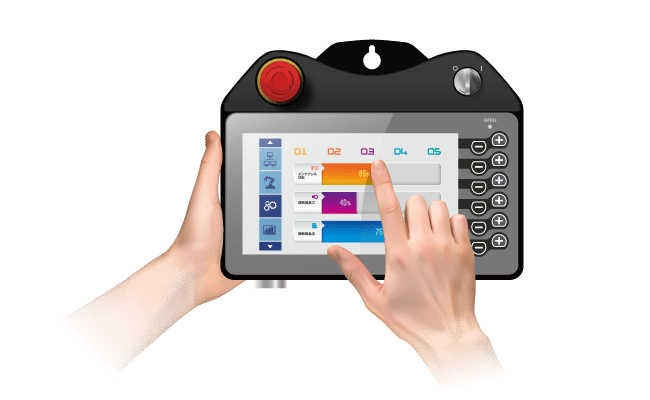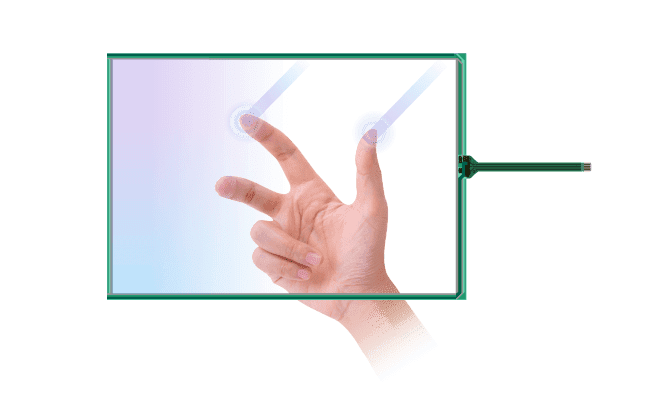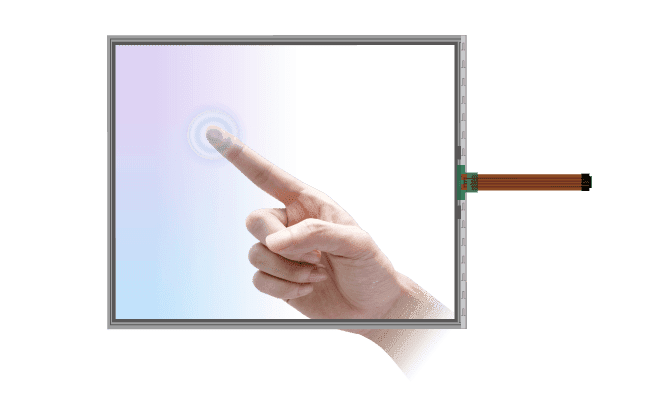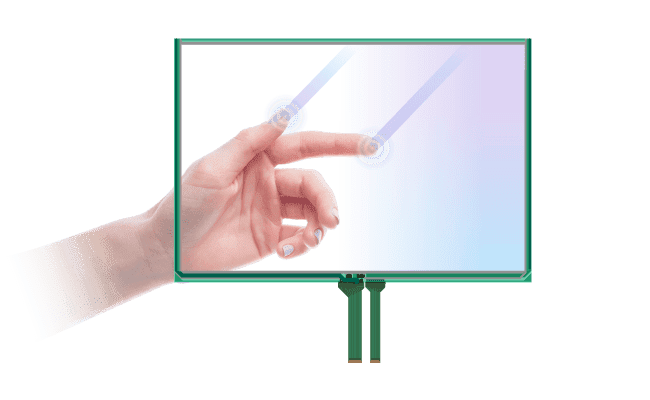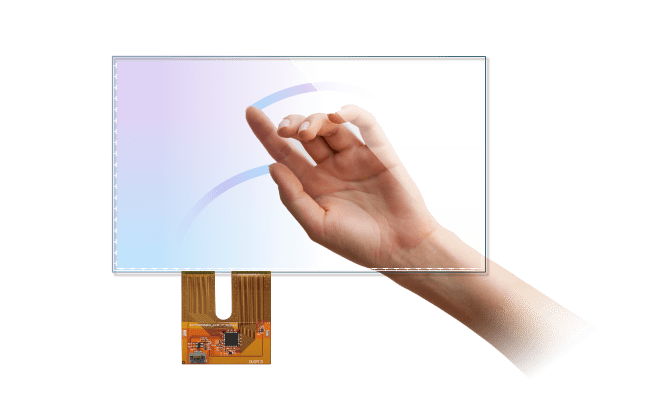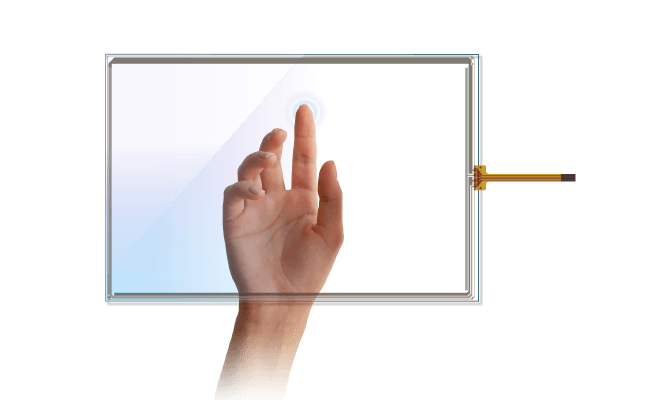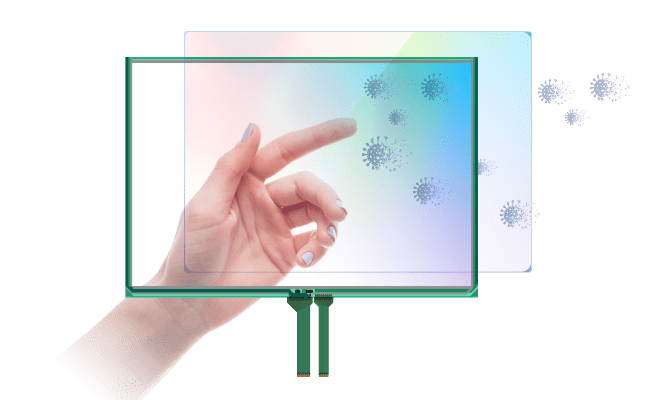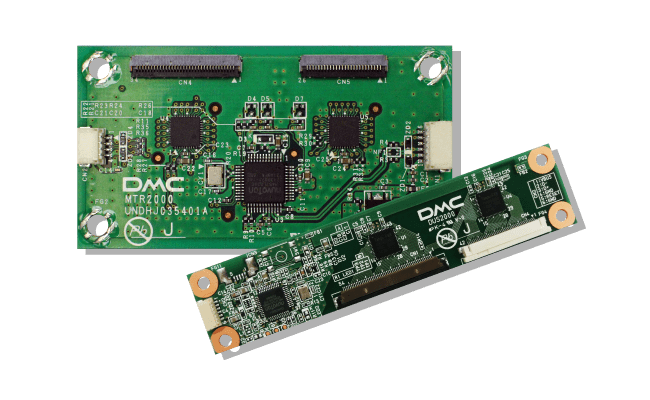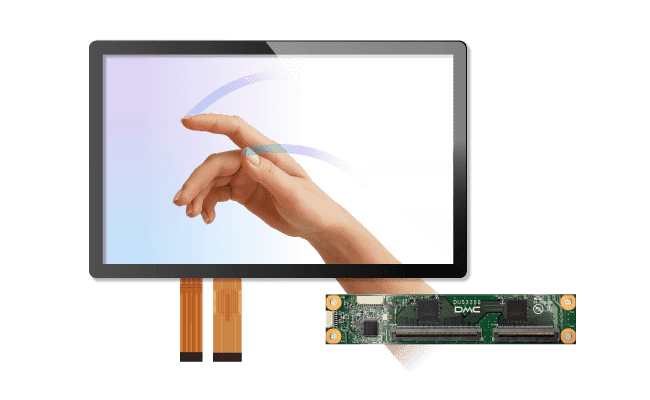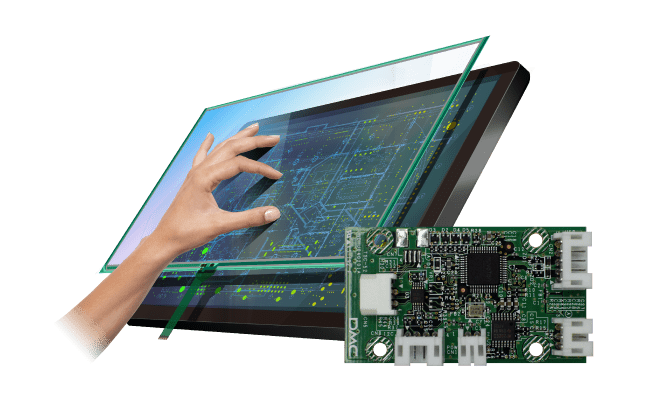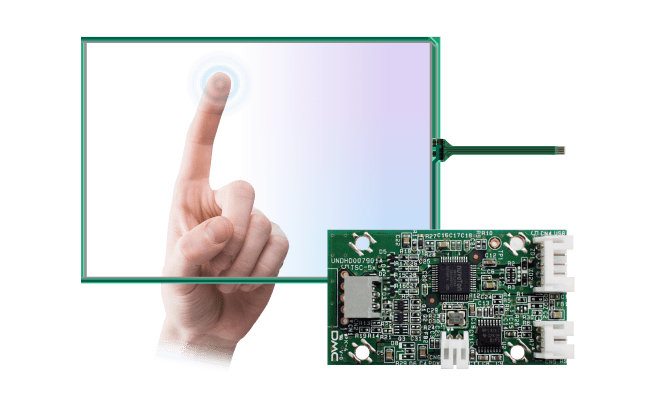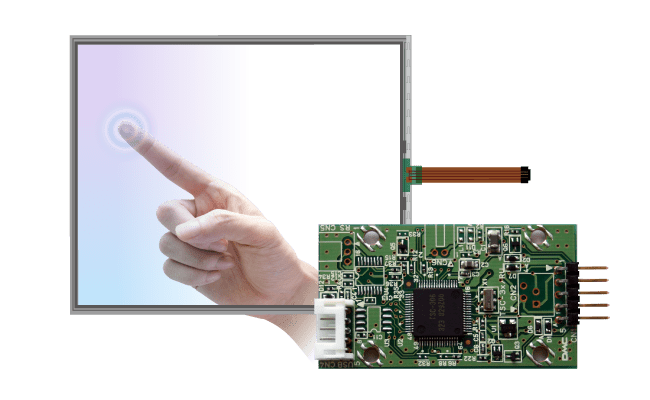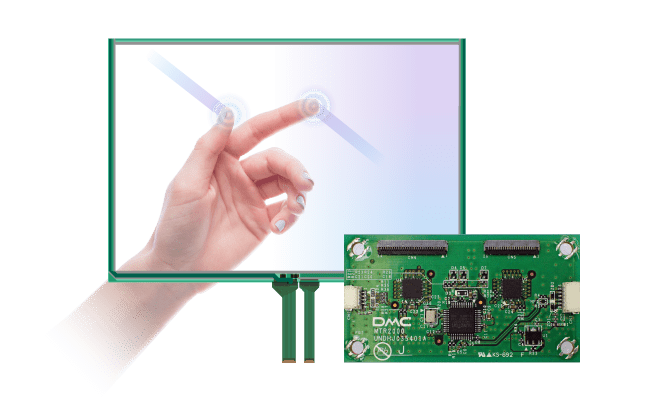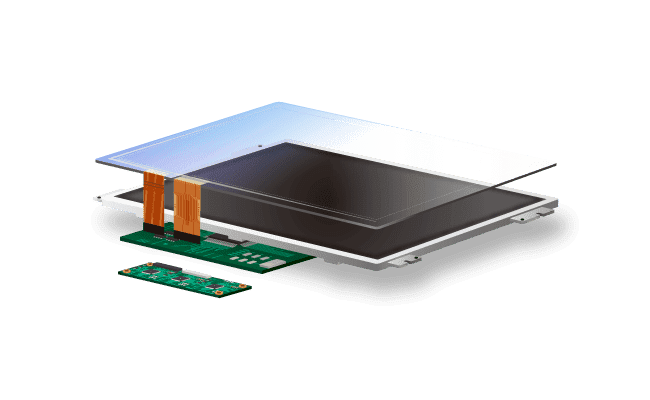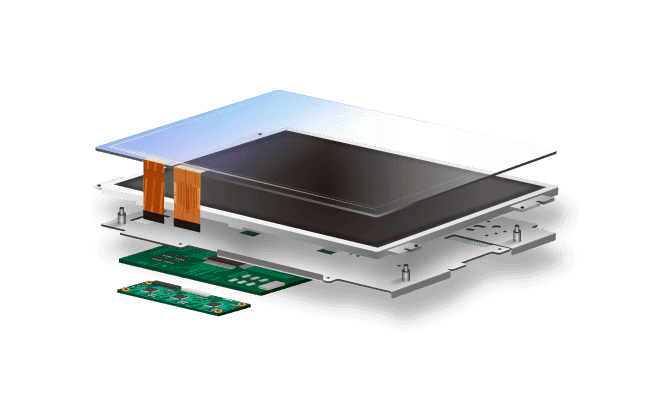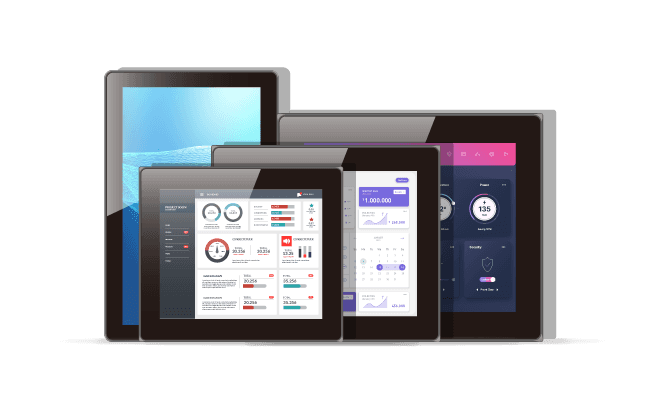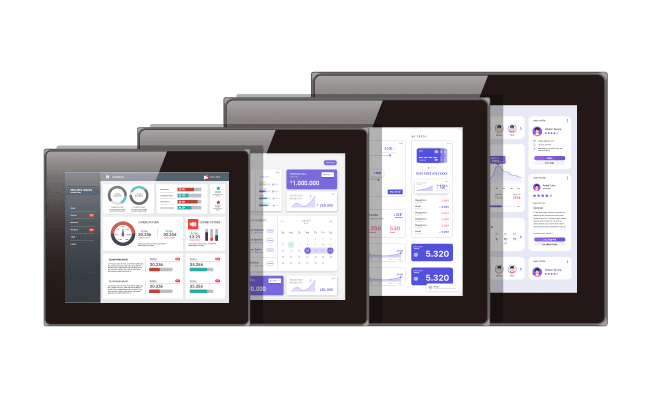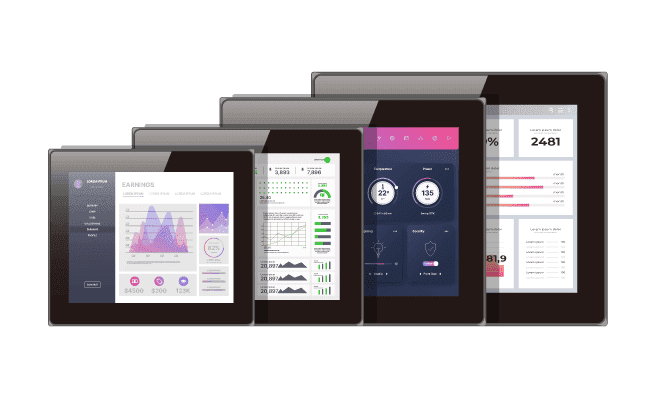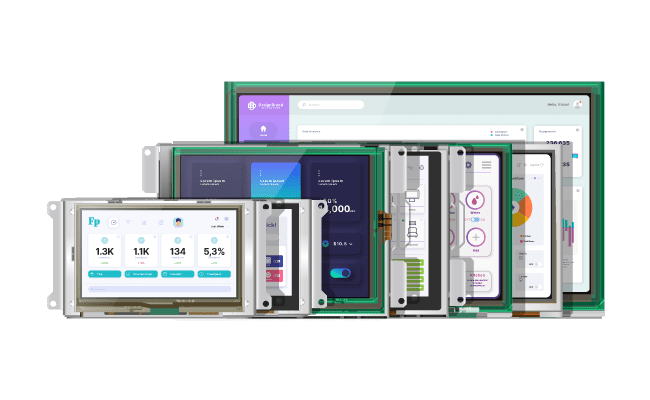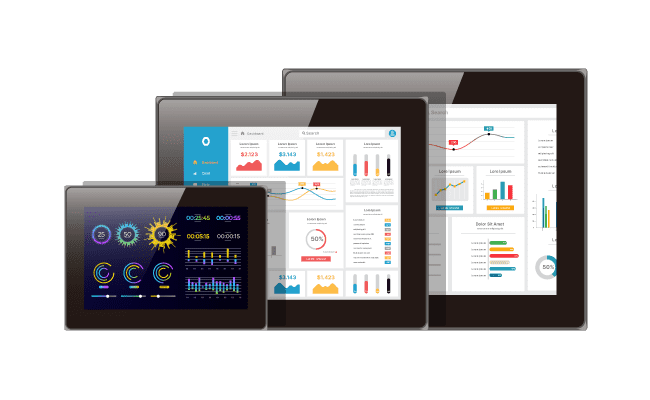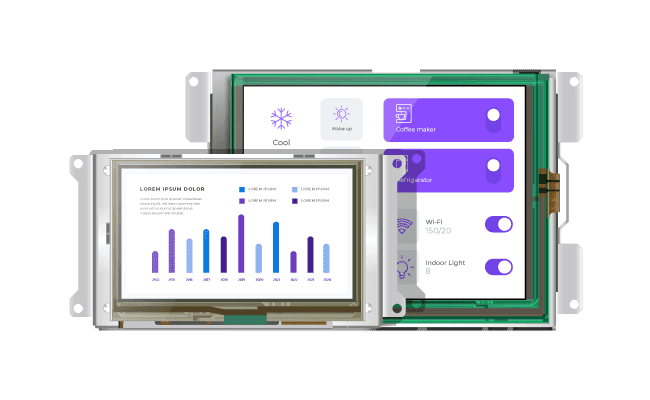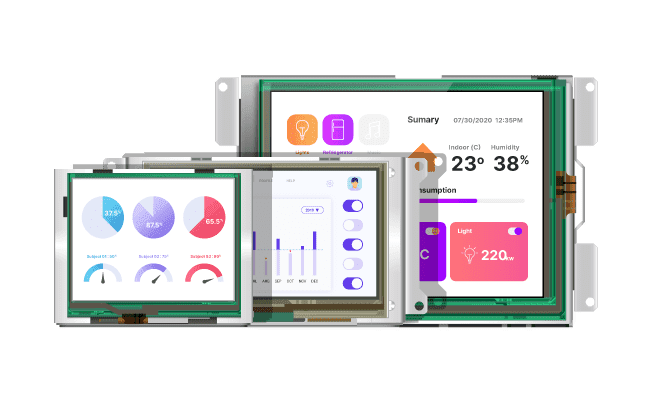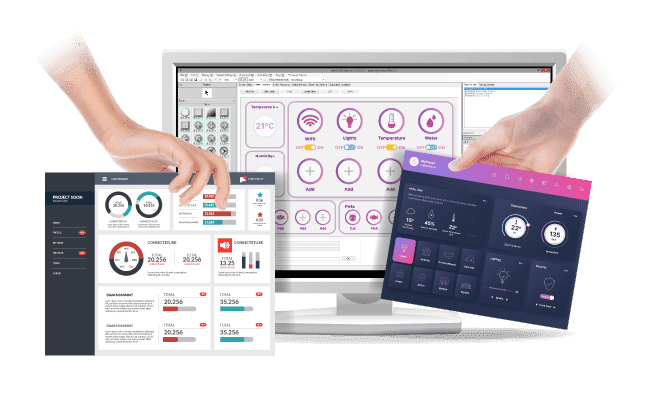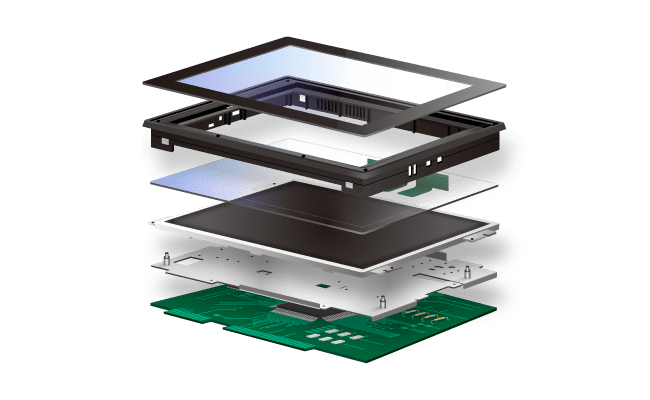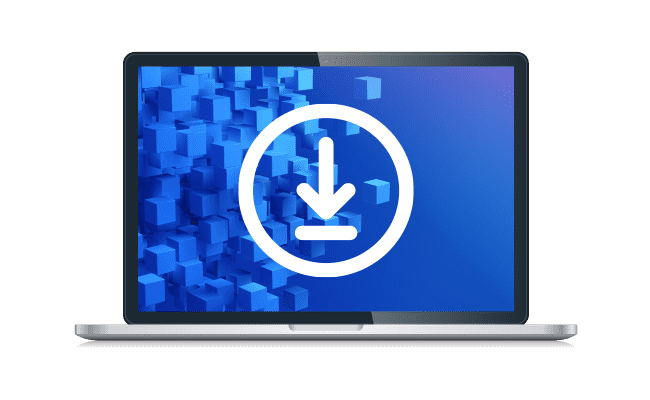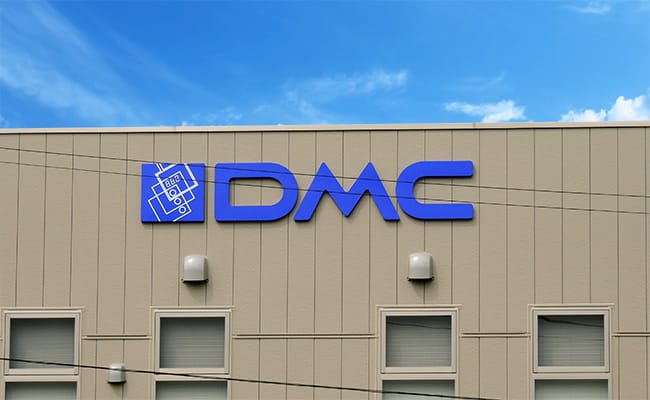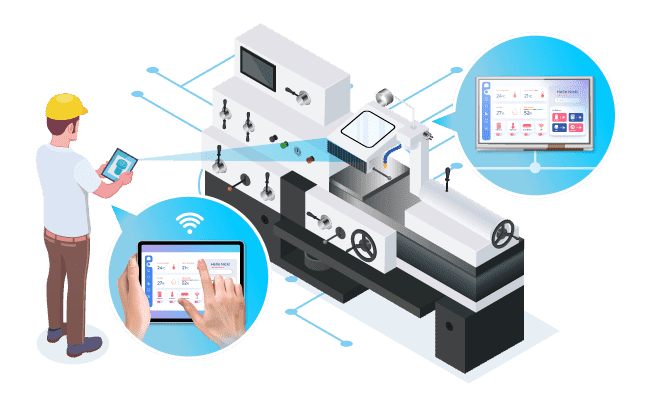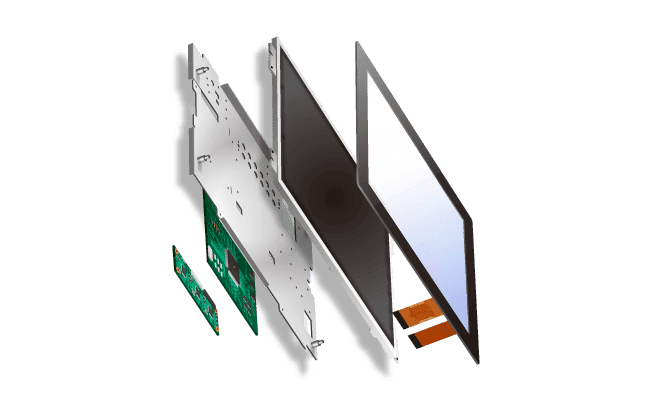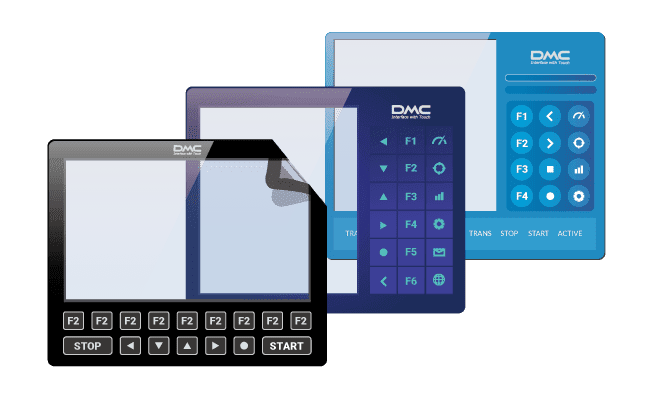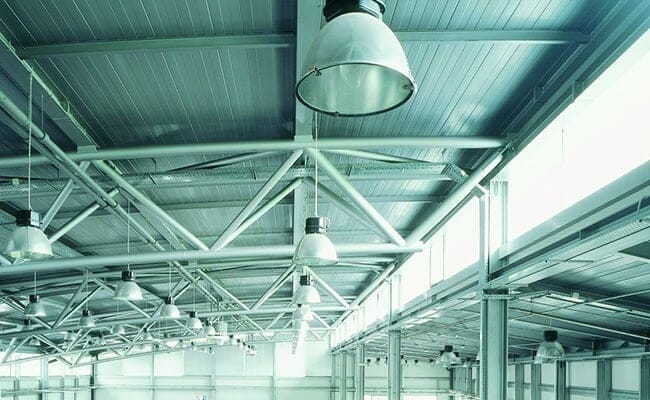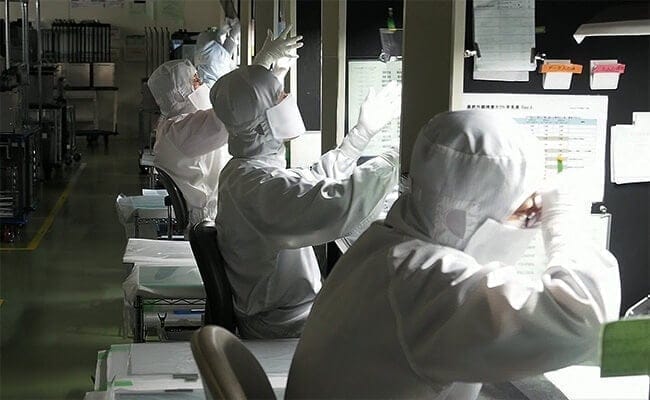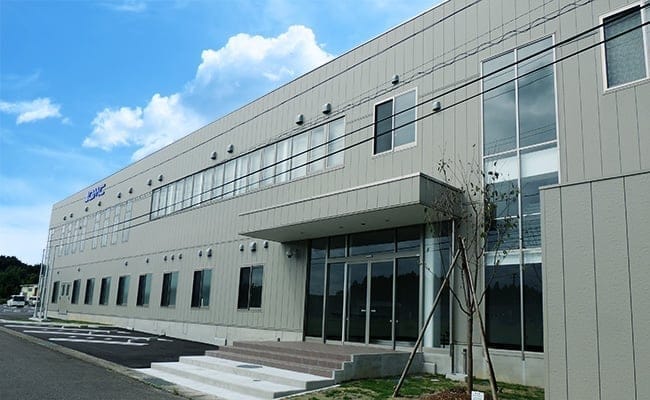Environmental Conservation
Environmental Policy
At DMC, we recognize that environmentally conscious corporate activities are one of the most important management issues. We are committed to considering our impact on the environment and making every effort to conserve the environment, including addressing climate change, making effective use of resources, preserving biodiversity, preventing pollution, and reducing environmental risks. We also aim to enhance communication with stakeholders and contribute to the sustainable development of society.
- Reduce greenhouse gas emissions and improve energy efficiency in response to climate change.
- Comply with environmental laws and regulations, agreements with local communities, and customer requirements.
- Promote waste reduction, energy conservation, and recycling to use resources effectively.
- Promote the development and design of environmentally friendly products.
- Control and reduce the use of chemical substances that may negatively affect people and the natural environment.
- Build an environment management system and continuously improve the business process by setting goals, implementing actions, and evaluating outcomes.
- Promote environmental awareness among employees to improve environmental risk reduction and energy efficiency in all activities.
* Approved on July 22, 2025; scheduled to be applied from FY2026
Environmental Management System
The DMC Group strongly believes that business activities and environmental conservation should be part of the same decision-making process. We implement our environmental management system into each business activity process to promote its environmental management.
Headed by the President and Vice President, the DMC Group ISO Promotion Committee was established as the highest organ of decision making for environmental management. The ISO Promotion Secretariat handles the management of factories, divisions, and business bases under the supervision of the ISO Promotion Committee. Each division establishes Quality and Environmental Plans and reports progress and results at monthly Quality and Environment Meetings (Device Business) and Standardization Meetings (Unit Business), which are attended by the President and Vice President to ensure the effective application of the PDCA cycle.
Internal Audit
The Group conducts annual audits by certified internal auditors to confirm conformance with ISO 14001 and the effective functioning of the environmental management system.
DMC holds meetings before and after audits to clarify priority items, confirm the content identified by auditors with the related divisions and departments while the ISO Promotion Secretariat shares issues to promote improvement throughout the DMC Group, and handles progress management of the issues until the next meeting aiming to improve the quality of internal audits and environmental activities performed by the DMC Group. In FY2024, there were 21 findings in the Device Business and 24 findings in the Unit Business (including those related to ISO 9001). By reviewing and implementing the processes of the audited divisions, we are working to enhance effectiveness and drive improvements.
In-house Education
The DMC Group considers human resource development critical to the promotion of its environmental management activities. To this end we have implemented a curriculum, as shown below, to provide individual employee education based on specialization and level.
Training Curriculum Overview
| Curriculum Name | Scope | Implementation Content | Participation Rate |
|---|
Material Balance
The DMC Group calculates the input of energy and resources used in its business activities, as well as the amount of CO2 emissions and waste discharged, in order to understand the volume of activities and work to reduce environmental impact.
-
Electricity : 5,500thousand kWh
-
Renewable energy : 2,076thousand kWh
-
Water withdrawal : 28thousand m³
- [ Major Materials ] Highly functional resin, plate glasses, etc.
-
Gasoline : 31kℓ



-
CO₂ : 2,290t-CO₂
-
Wastes : 138t
-
Valuable Materials : 3t
-
Water discharge : 27thousand m³
- [Products] Touchscreens, LCD modules, unit products
-
CO2 Emissions from Logistics and Business Vehicles : 71t-CO₂
Response to Climate Change
In the face of climate change, DMC considers the reduction of CO2 emissions that contribute to increasing temperatures as our corporate responsibility and works toward this in all phases of the production and delivery of touchscreens through the effective use of energy and other approaches.
Progress Towards CO² Emissions Targets
Our group is working toward achieving carbon neutrality by 2050 by setting a FY2025 Scope 1 & 2 reduction target of 40.0% (based on FY2018 levels). In addition, we are currently formulating Scope 1, 2 and 3 reduction targets to accelerate our goal.
DMC CO2 Emissions (SCOPE 1/2)
The DMC Group calculates greenhouse gas emissions in all its corporate activities, from upstream to downstream, based on the GHG Protocol,an international standard for companies to calculate and report greenhouse gas emissions throughout their supply chains. The reduction targets for FY2024 were 60% and 35% reductions compared to the base year for Scope 1 and 2 emissions, respectively. Actual reduction results were 65% for Scope 1 and 55% for Scope 2. The factors behind the Scope 1 emissions reduction were mainly due to restrictions on unnecessary travel, while the Scope 2 emissions reduction resulted from more efficient air conditioning operations and lower production due to a decline in orders. We will continue to strengthen energy conservation measures to promote CO2 reductions.
CO2 Emissions Across the Entire Value Chain (Scope 3)
The reduction target for FY2024 was a 15% reduction compared to the base year for Scope 3 emissions. The actual reduction was 38%.This was due to a decrease in procurement costs resulting from a decline in orders received and inventory reduction, which also led to a reduction in shipping costs. Clarifying emissions throughout our supply chain and identifying the potential for reducing emissions will lead to CO2 reduction and contribute to the fight against global warming.
-
![]()
- * Scope is production sites (100% coverage). Including results from the Iwaki Factory from FY2021 and the Izumi Factory from FY2023
- * The figures for the base year have been revised in accordance with the incorporation of the Izumi Factory
![]()
- * Scope is production sites (100% coverage). Including results from the Izumi Factory from FY2023
-
FY2024 CO₂ Emissions by Scope & Category (t-CO₂)CO2-Emissions-Scope-Category
Scope & Category Emissions * Scope is production sites (100% coverage). Seedsware Corporation’s production site in Osaka is excluded from the scope as it was merged in 2023
-
Management System & Operation
So that top management can directly involve themselves in the promotion of climate change response and ensure proper management and oversight, we have established a Planning and Administration Office within the General Administration Department under the direct supervision of the President to develop companywide improvement activities. To date, we have shifted to LED lighting, switched to highly efficient PC monitors and other devices, and changed business vehicles to eco-friendly vehicles throughout the company. In addition, at the Iwaki Factory, we have achieved a 19.6% reduction in electricity use compared to the previous year by improving the use of air conditioning equipment (leading to an approximately 25% reduction in electricity use) and lowering operating hours.
Introduction of Electricity Derived from Renewable Energy SourcesWe are continuing to conduct energy-saving campaigns which call on our employees to conserve electricity. In addition, we are continuously working to improve the efficiency of energy use in production processes, and in FY2023, we introduced CO2- free electricity derived from renewable energy sources at the Shirakawa and Iwaki factories (ratio of electricity derived from renewable energy sources: 31.4%).
-
![]()
- * Scope is production sites (100% coverage). Including results from the Iwaki Factory from FY2021 and the Izumi Factory from FY2023
Approaches to Waste Reduction
The DMC Group will make effective use of resources to create a sustainable, recycling-oriented society, and will set and work toward waste reduction and recycling targets.
-
Management System & Operation
DMC issues an industrial waste management manifest to monitor waste discharged from its factories and offices. As a result, we utilize an exclusive database to ensure uniform control over the management of disposal service providers and the issuance and collection status of the industrial waste management manifest to continuously monitor the status of waste disposal. Because reducing the loss rate in production directly leads to waste reduction, efforts that DMC makes to prevent manufacturing defects include the establishment of structures to maintain the best quality. Specifically, fine processing was difficult with the etching that we had previously used, making defects more likely to occur in products with the increasingly diverse and complex circuit patterns in recent years.In response, we are introducing laser etching, which is better suited to fine processing. In addition, we are working to reduce operational errors and lower defect rates by increasing the number of standard products and standardizing operational procedures. In FY2024, the loss rate for touch screen components at domestic and overseas factories improved by 1.3 percentage points compared to the previous year. As a result, the total volume of waste was reduced by 31% year on year, to 138 tons. We also striving to reduce the amount of waste by recovering and selling waste precious metals generated in the manufacturing process as valuable resources.
-
![]()
Approaches to Paper Reduction at DMC
The DMC Group digitalizes and shares documents, and manages decision-making processes, order sheets, and work hours by computer to reduce paper by eliminating unnecessary copies and promoting a work style that minimizes paper usage. Further, in 2023 we switched to electronic payments for our internal payment processing, and we now limit paper-based internal operations to the minimum necessary. We are continuing to promote paper reduction by advancing the use of electronic processing. We will continue working on reducing paper usage as part of efforts to improve our business processes.
Water Resource Conservation
Basic Concept
Infrastructure improvement has been delayed due to an increase in population and demand for water resources that have accompanied economic growth. This has accelerated water shortages and pollution, which has had a significant impact on our lives and environment. The DMC Group considers the effective use of water in manufacturing and the conservation of water resources.
Management System & Operation
-
The DMC Group has established an integrated quality and environmental management system, including water management, both in Japan and overseas to promote water resource conservation. We also apply the PDCA to improve environmental management. The Indonesia Factory has introduced and is operating a recycling system for water-intensive processes to make effective use of precious water resources, and is working to continuously reduce its water usage. We are reducing the environmental impact by having wastewater from our domestic and Indonesian factories collected by contractors who own appropriately capable treatment facilities. In addition, we carry out appropriate wastewater treatment in accordance with laws and regulations, conduct regular biochemical oxygen demand (BOD) inspections, and submit test result certificates to public institutions to confirm that there are no problems.
-
![]()
fforts to Reduce Wastewater in the Production Process
Further, as part of our efforts to reduce our environmental impact, we are working to build sustainable manufacturing processes. In March 2024, we switched our etching process for all of our resistive touchscreen models to laser etching. Our intention with this change was to reduce our environmental impact and protect the environment by reducing the amount of water discharged in manufacturing. We expect to reduce wastewater volume at the Shirakawa Factory by approximately 55%, and at the Indonesia Factory by approximately 50%.
Reducing the Discharge of Chemical Substances
Management System & Operation
DMC works to reduce the use of chemical substances that may directly influence the environment through its production processes. No discharge or transfer of PRTR substances were detected in the fiscal year. We made the decision to change our etching process to laser etching in March 2024, and this is gradually being reflected in our products. This is expected to reduce our use of solvents, including deleterious substances. In FY2024, we achieved a reduction of approximately 12%.
Third-Party Assurance
